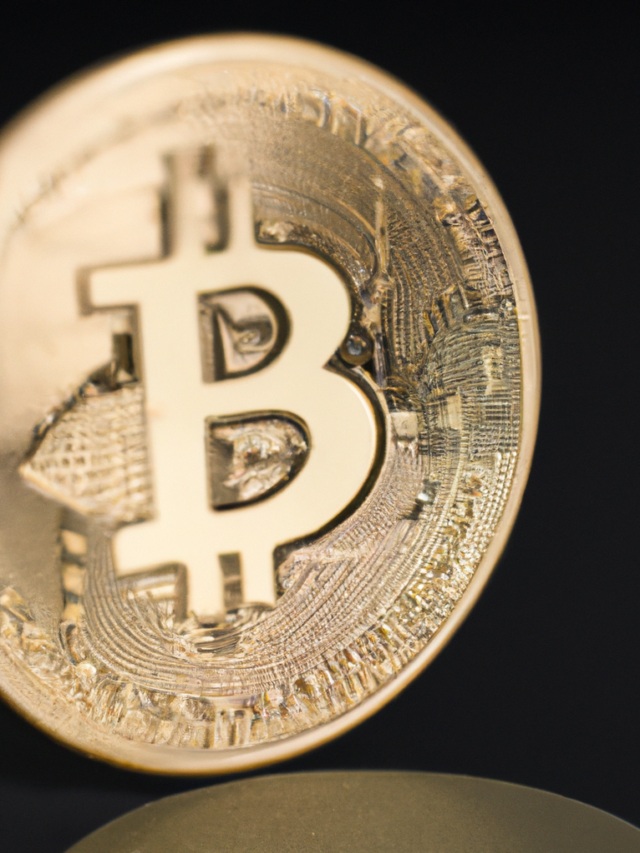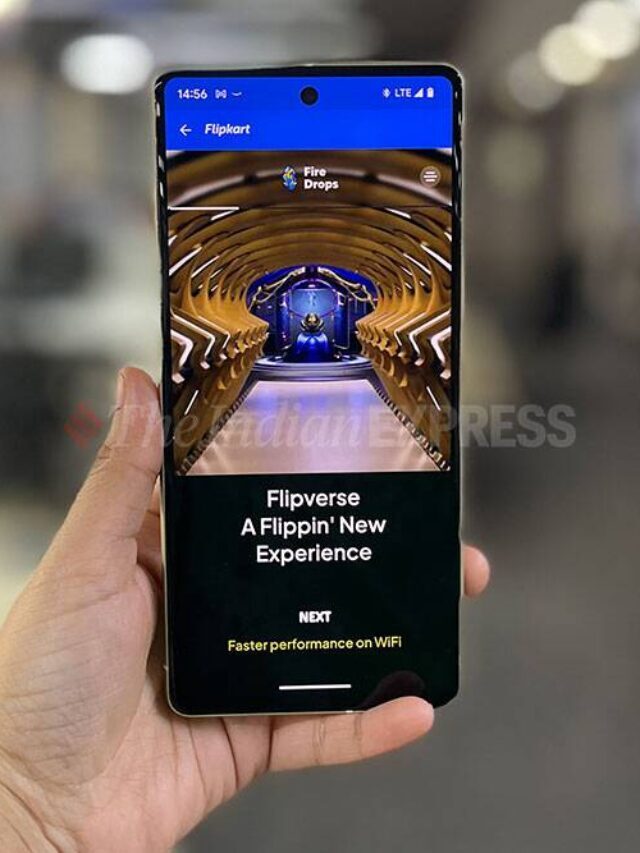Introduction:
In recent years, the world has witnessed the rise of non-fungible tokens (NFTs), revolutionizing the way we perceive and exchange digital assets. NFTs have opened up new avenues for creators, collectors, and investors, leaving a profound impact on various industries. As we dive into the future, it becomes imperative to explore the potential trajectory of NFTs and the opportunities they bring forth.
- Enhanced Digital Ownership:
NFTs provide a unique solution to the problem of digital ownership. With blockchain technology acting as a decentralized ledger, NFTs enable verifiable ownership of digital assets, including artwork, music, videos, and virtual real estate. In the future, NFTs will continue to empower creators by allowing them to maintain control and monetize their work directly, without intermediaries. - Democratization of Creativity:
The art world, traditionally dominated by gatekeepers, is undergoing a significant transformation through NFTs. These tokens offer artists the ability to showcase their work to a global audience, regardless of geographical boundaries or institutional recognition. As we move forward, NFT platforms will become more inclusive, allowing creators from diverse backgrounds to gain exposure, collaborate, and monetize their artistic endeavors. - Expanded Opportunities for Collectors:
NFTs have breathed new life into the concept of collecting, extending it to the digital realm. Collectors can now acquire unique digital assets, including limited editions and rare items, creating a sense of exclusivity and scarcity. The future will witness the development of robust NFT marketplaces, providing collectors with advanced tools for curation, display, and trading. Additionally, fractional ownership of high-value NFTs may emerge, allowing smaller investors to participate in the ownership of unique digital assets. - Gaming and Virtual Worlds:
The integration of NFTs within gaming and virtual worlds has the potential to revolutionize the gaming industry. NFTs enable true ownership of in-game assets, giving players the ability to buy, sell, and trade digital items across multiple platforms. As virtual worlds continue to evolve and expand, NFTs will play a crucial role in shaping the economy and user experiences within these immersive environments. - Tokenization of Real-World Assets:
While NFTs have primarily focused on digital assets, the future holds immense potential for tokenizing real-world assets. From real estate and intellectual property to luxury goods and collectibles, NFTs can represent ownership rights and facilitate the fractional ownership of physical assets. This innovation has the power to democratize investment opportunities, unlock liquidity, and streamline asset management processes. - Social Impact and Licensing:
NFTs can empower artists and content creators by allowing them to retain control over their work through smart contracts. This capability extends to licensing, ensuring that creators receive fair compensation for the use of their intellectual property. NFTs also present an opportunity for charitable organizations and social initiatives to raise funds through tokenized artwork, donations, and auctions, thus promoting social impact. - The future of NFTs is a realm filled with boundless possibilities. As technology continues to advance and adoption grows, NFTs will reshape various industries, from art and gaming to finance and beyond. The democratization of creativity, enhanced digital ownership, and the tokenization of real-world assets will unleash new opportunities, while blockchain technology ensures transparency, security, and authenticity. While challenges may arise, the potential benefits of NFTs pave the way for a transformative future where creators, collectors, and investors thrive in the digital economy.

Future of NFT Games
The gaming industry has witnessed a groundbreaking revolution with the advent of non-fungible tokens (NFTs). These unique digital assets, built on blockchain technology, have introduced a new dimension to gaming experiences, bringing unparalleled benefits for both players and developers. In this blog post, we will delve into the ways NFTs enhance the gaming experience in NFT-games, unlocking a world of possibilities and immersive gameplay.
- True Ownership and Scarcity:
One of the key advantages of NFTs in gaming is the concept of true ownership. NFT-games allow players to acquire and possess unique in-game items, characters, or assets, represented by NFTs. Unlike traditional games, where players have limited control over virtual assets, NFT-games enable true ownership and transferability of these assets. This ownership imbues a sense of exclusivity and rarity, as NFTs can have limited editions or be associated with specific achievements or events. - Interoperability and Cross-Platform Integration:
NFTs bring interoperability to gaming ecosystems, enabling seamless integration across different platforms and games. With NFTs, players can use their assets and characters in multiple games, transcending the boundaries of a single gaming universe. This interoperability enhances the gaming experience by allowing players to showcase their collections, unlock new features, and customize their gameplay across various NFT-games. - Player-Driven Economies:
NFT-games empower players by allowing them to participate in player-driven economies. In these economies, players can buy, sell, and trade their NFT assets with other players, creating vibrant marketplaces within the gaming ecosystem. The value of these assets can fluctuate based on supply, demand, and player preferences, providing opportunities for players to profit from their gaming achievements and investments. This dynamic economy adds depth and excitement to the gaming experience, encouraging player engagement and fostering a sense of ownership. - Unique Gaming Experiences:
NFTs enable game developers to create unique gaming experiences that go beyond traditional gameplay mechanics. Developers can design NFT-games with procedural generation, where NFT assets combine in unexpected ways to create new and unique gameplay elements. This randomness and variety keep players engaged and continuously exploring the game’s possibilities. Additionally, developers can create limited-edition NFT items or collaborations with renowned artists, providing players with exclusive content and immersive storytelling experiences. - Community Engagement and Rewards:
NFT-games thrive on community engagement and player participation. Players can collaborate, form alliances, and engage in social interactions within the gaming ecosystem. NFTs can be used as rewards for completing in-game challenges, tournaments, or quests, further incentivizing players to explore the game’s content. Additionally, players can contribute to the development and evolution of NFT-games through governance systems, giving them a voice in shaping the game’s future. - Play-to-Earn Opportunities:
NFT-games introduce play-to-earn opportunities, where players can monetize their skills and time spent in the game. Through NFTs, players can earn valuable in-game assets, currencies, or tokens that can be traded or sold for real-world value. This innovative model allows players to turn their passion for gaming into a potential source of income, creating a more rewarding and sustainable gaming experience.
NFTs have revolutionized the gaming industry by enhancing the gaming experience in NFT-games. With true ownership, interoperability, player-driven economies, unique gameplay elements, community engagement, and play-to-earn opportunities, NFT-games have unlocked a new era of immersive and rewarding gameplay. As technology advances and adoption grows, we can expect further innovation and integration of NFTs


